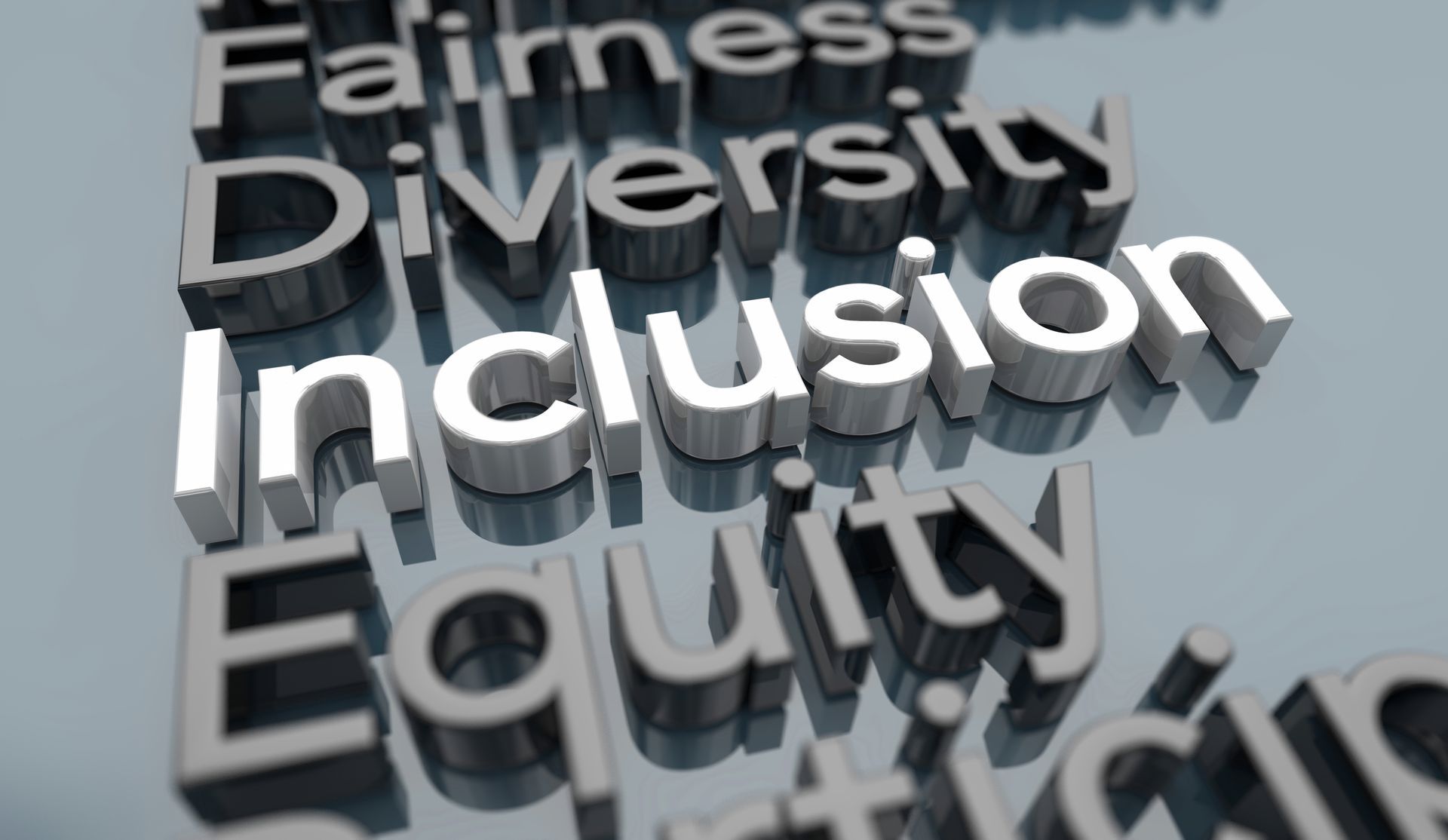
In today's fast-paced and interconnected world, success is no longer solely determined by technical skills or intelligence quotient (IQ).
Instead, a growing body of research suggests that emotional intelligence (EQ) plays a pivotal role in achieving personal and professional success.
Emotional intelligence encompasses the ability to recognize, understand, and manage both our own emotions and those of others.
In this blog, we will explore the profound impact of emotional intelligence on relationships and success in life and work, as well as practical strategies for enhancing EQ to thrive in every aspect of our lives.
Understanding Emotional Intelligence
Emotional intelligence consists of four primary components: self-awareness, self-management, social awareness, and relationship management.
Self-awareness involves recognizing and understanding our own emotions, strengths, weaknesses, and values.
Self-management entails effectively regulating our emotions, impulses, and behaviors, even in challenging situations.
Social awareness involves perceiving and empathizing with the emotions and perspectives of others, while relationship management focuses on building and maintaining positive relationships, resolving conflicts, and inspiring others.
The Impact of Emotional Intelligence on Relationships
Emotional intelligence is the foundation of healthy and fulfilling relationships, both personally and professionally.
Individuals with high EQ are better equipped to communicate effectively, resolve conflicts constructively, and build trust and rapport with others.
They demonstrate empathy, active listening, and understanding, fostering deeper connections and stronger interpersonal bonds.
Moreover, emotionally intelligent individuals are adept at navigating social dynamics, managing team dynamics, and inspiring collaboration and cooperation among diverse groups.
Enhancing Success in the Workplace
In the corporate world, emotional intelligence is increasingly recognized as a critical factor for success.
Studies have shown that leaders with high EQ are more effective in motivating and inspiring their teams, fostering a positive work culture, and driving organizational performance.
Emotionally intelligent leaders exhibit qualities such as empathy, adaptability, resilience, and interpersonal effectiveness, which are essential for navigating complex challenges and leading with authenticity and integrity.
Moreover, employees with high EQ are more engaged, productive, and resilient, contributing to a more vibrant and thriving workplace environment.
Practical Strategies for Enhancing Emotional Intelligence
Fortunately, emotional intelligence is not a fixed trait but rather a skill that can be developed and refined over time.
Here are some practical strategies for enhancing emotional intelligence:
Self-reflection and self-awareness: Take time for introspection to identify and understand your own emotions, triggers, and patterns of behavior. Practice mindfulness and journaling to cultivate self-awareness and insight into your thoughts and feelings.
Emotion regulation: Learn techniques for managing stress, anxiety, and negative emotions, such as deep breathing, mindfulness meditation, and cognitive reframing.
Develop healthy coping mechanisms and self-care routines to promote emotional well-being.
Empathy and perspective-taking: Practice active listening and empathy to understand others' perspectives and experiences.
Put yourself in their shoes, validate their feelings, and respond with empathy and compassion.
Social skills and relationship management: Hone your communication skills, conflict resolution abilities, and assertiveness to build positive relationships and navigate social interactions effectively.
Practice open and honest communication, constructive feedback, and collaboration with others.
Continuous learning and growth: Commit to lifelong learning and personal development to expand your emotional intelligence skills.
Seek feedback from others, engage in coaching or training programs, and cultivate a growth mindset to embrace challenges and opportunities for growth.
The Emotional intelligence is a powerful determinant of success in life and work, influencing our relationships, well-being, and professional achievements.
By cultivating self-awareness, self-management, social awareness, and relationship management skills, we can enhance our emotional intelligence and unlock our full potential.
Let us embrace the power of emotional intelligence to cultivate deeper connections, navigate challenges, and thrive in every aspect of our lives.










